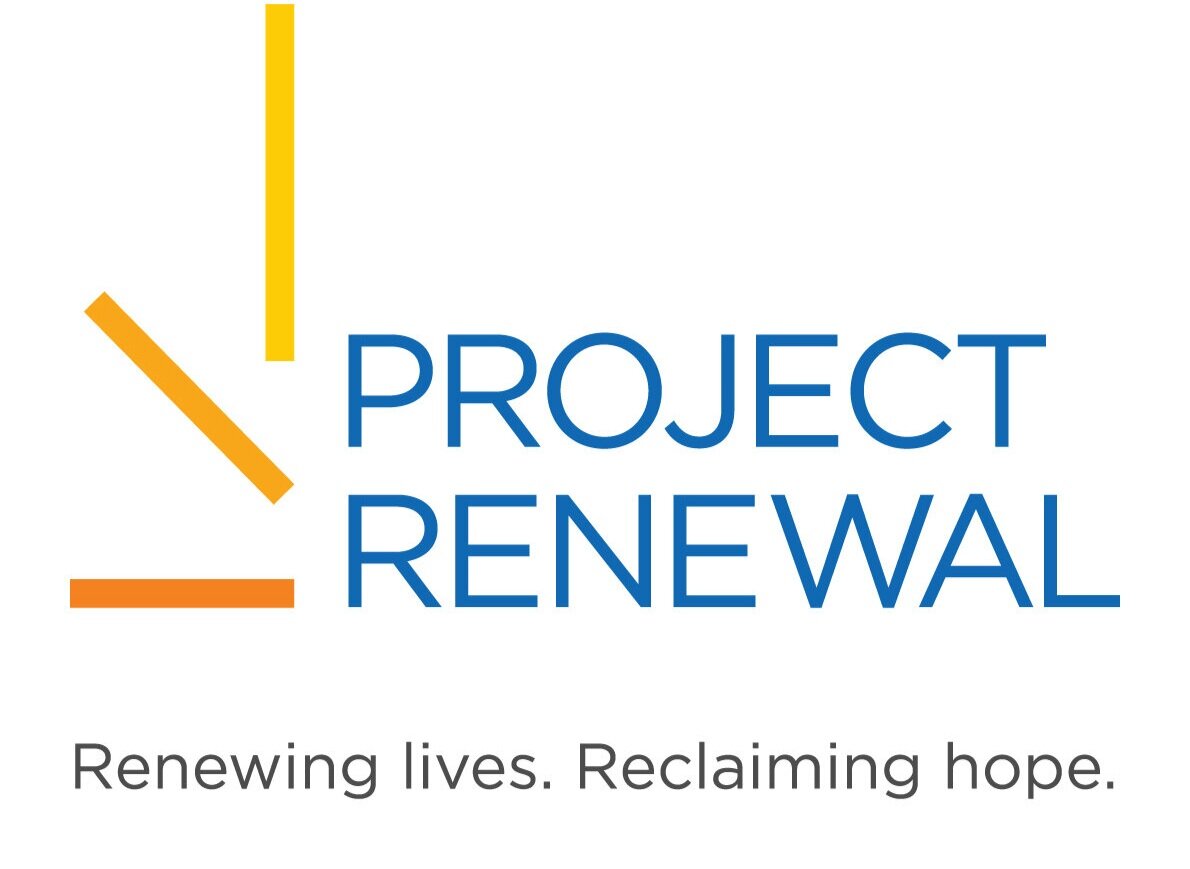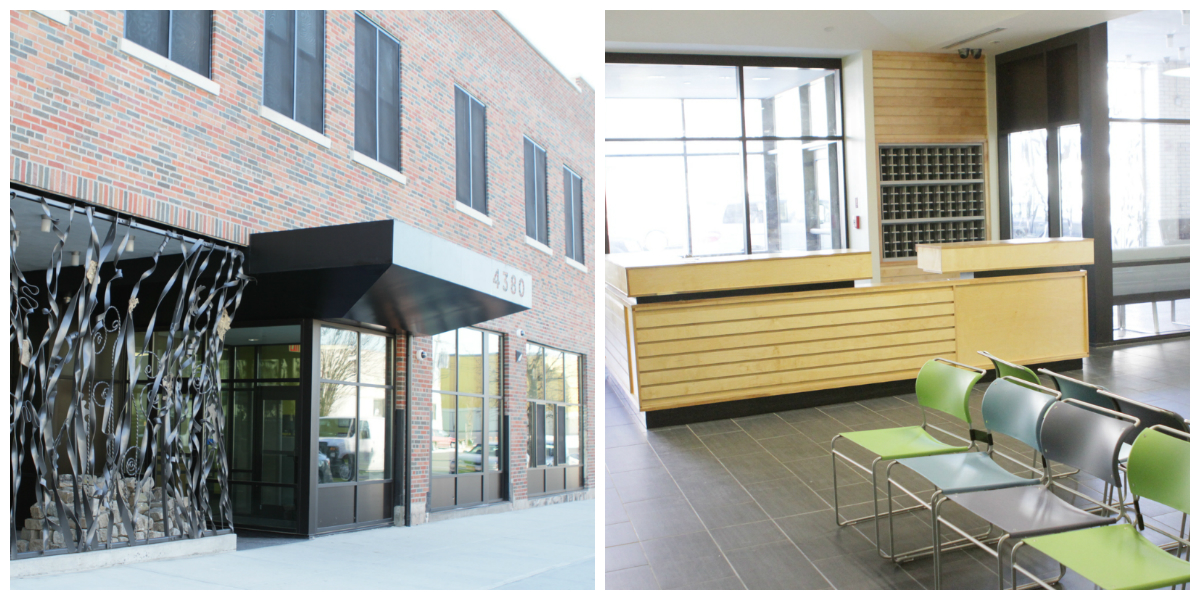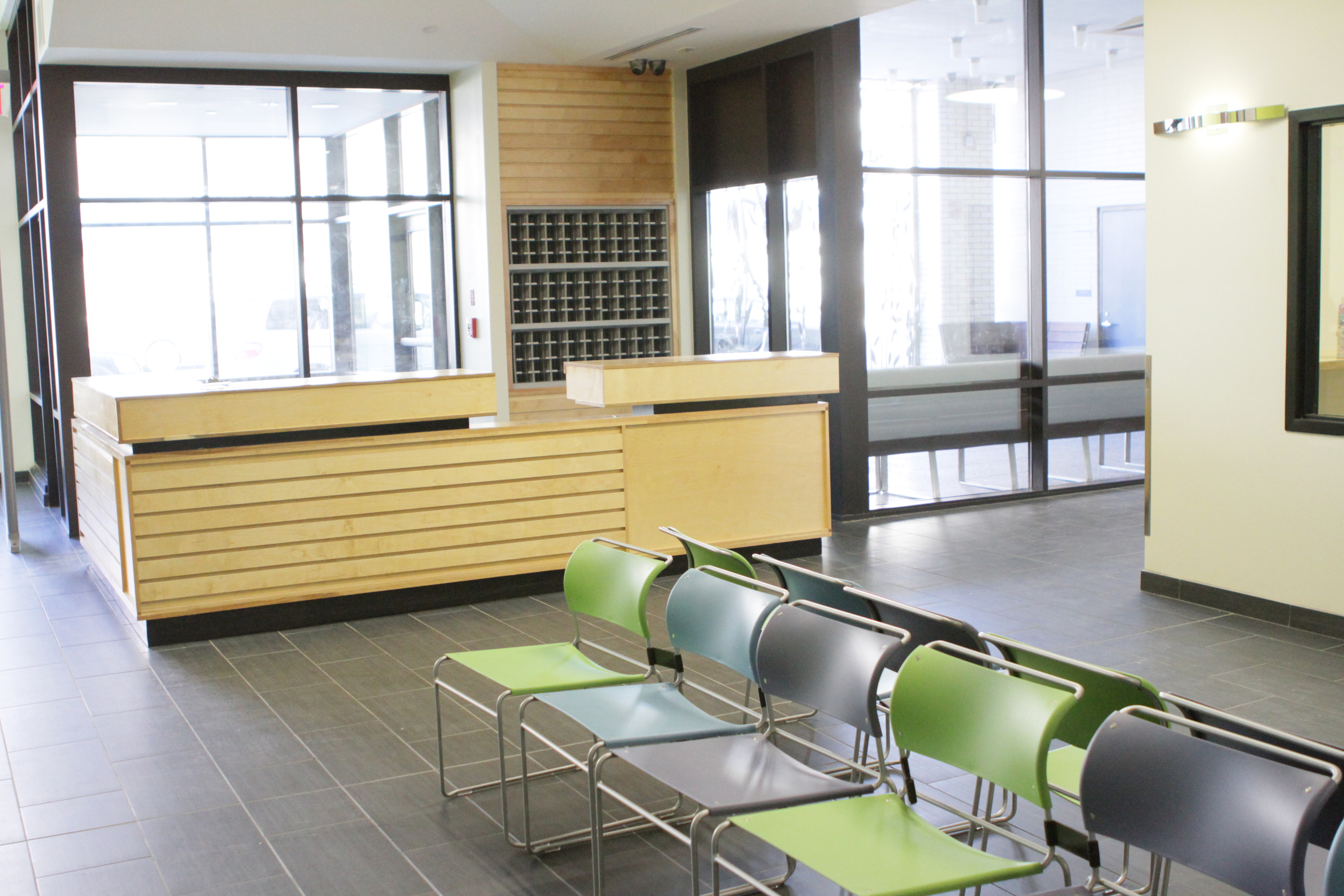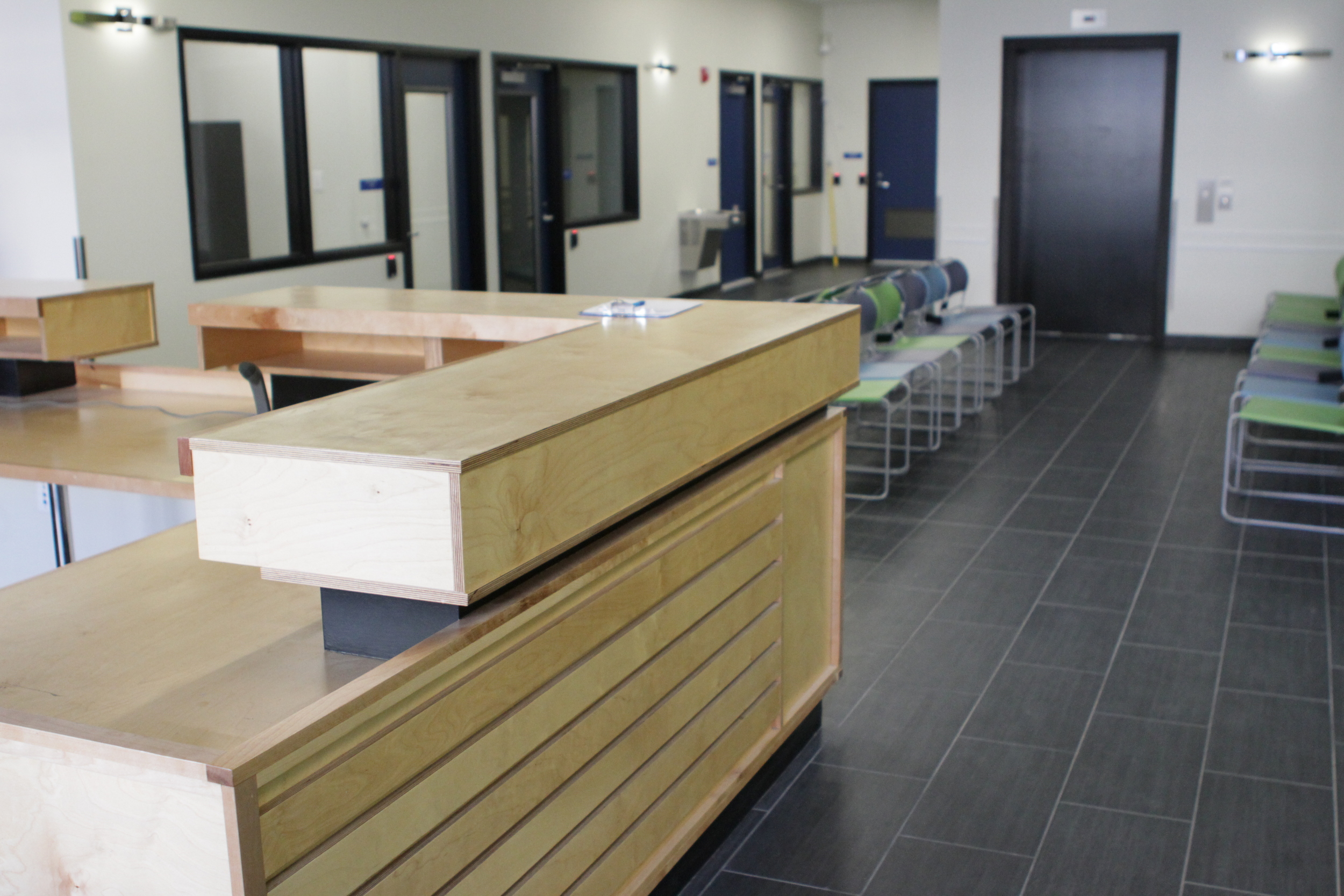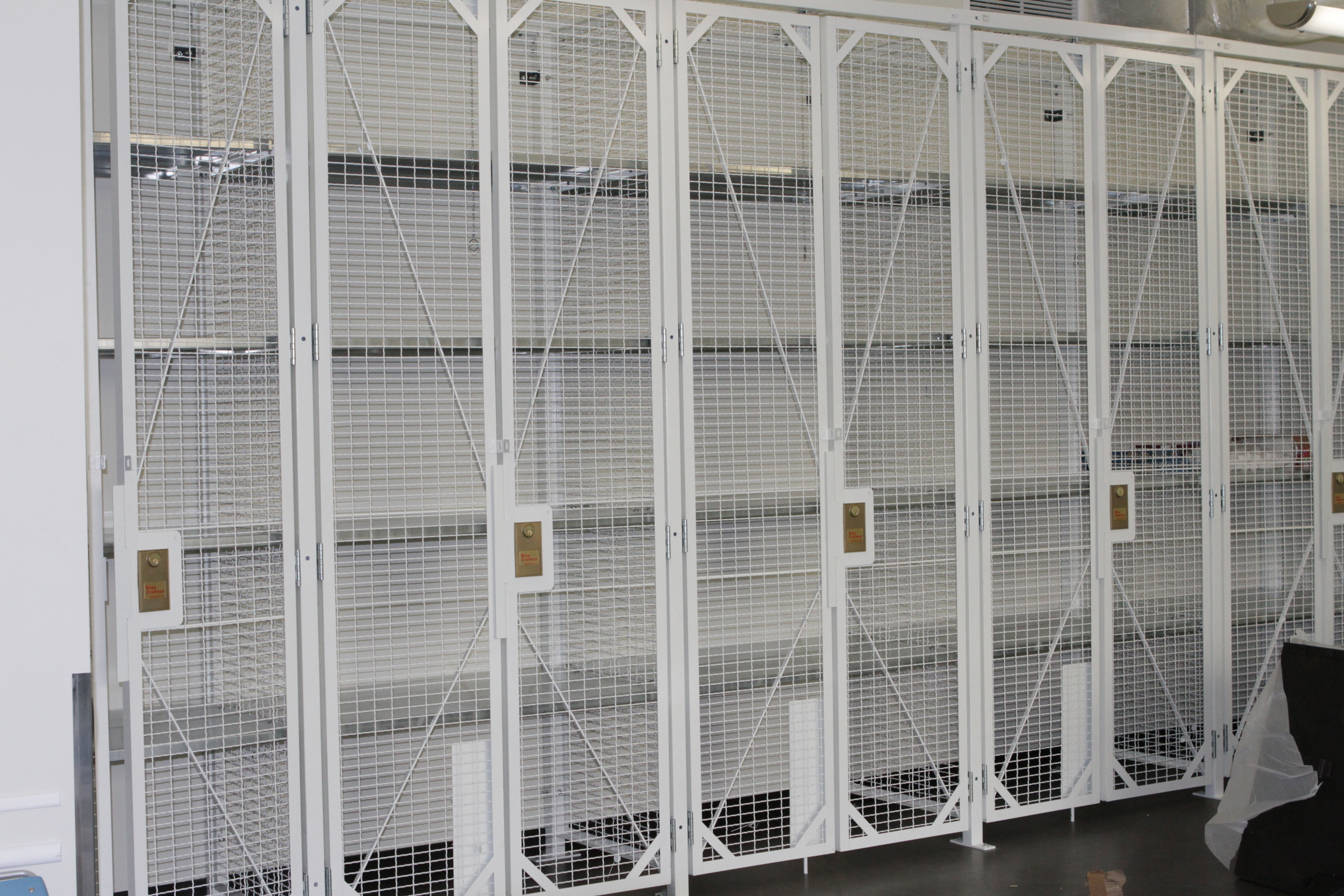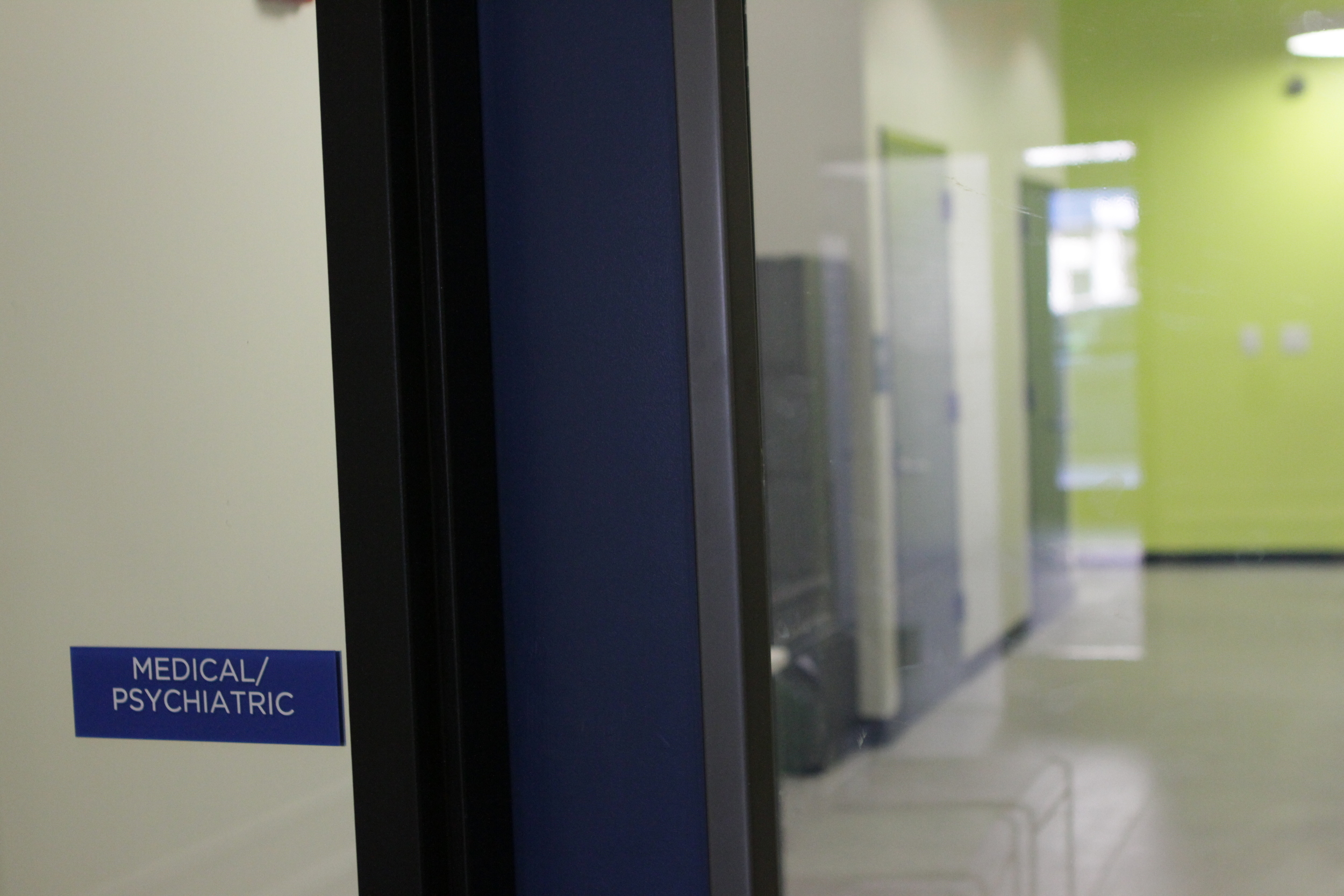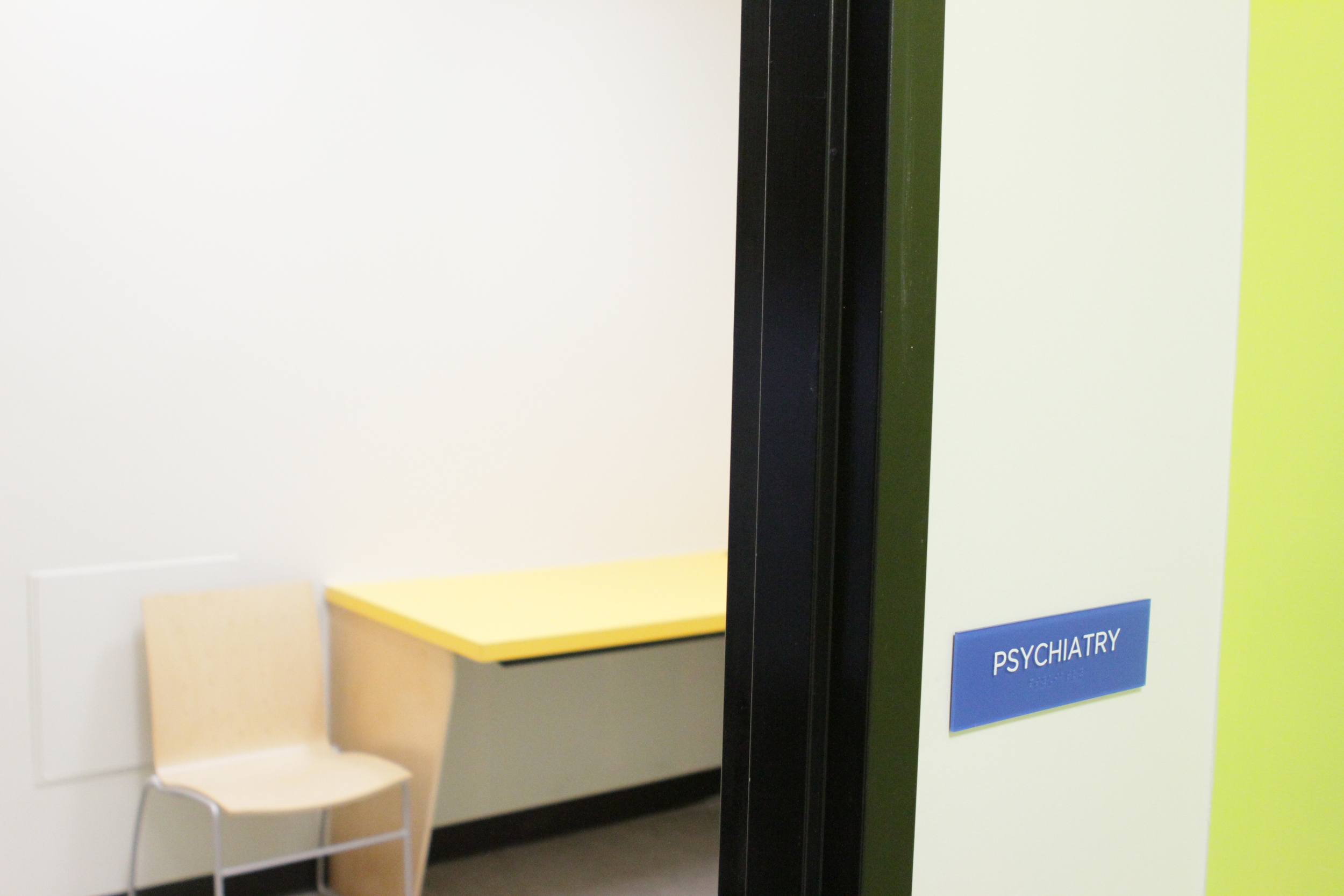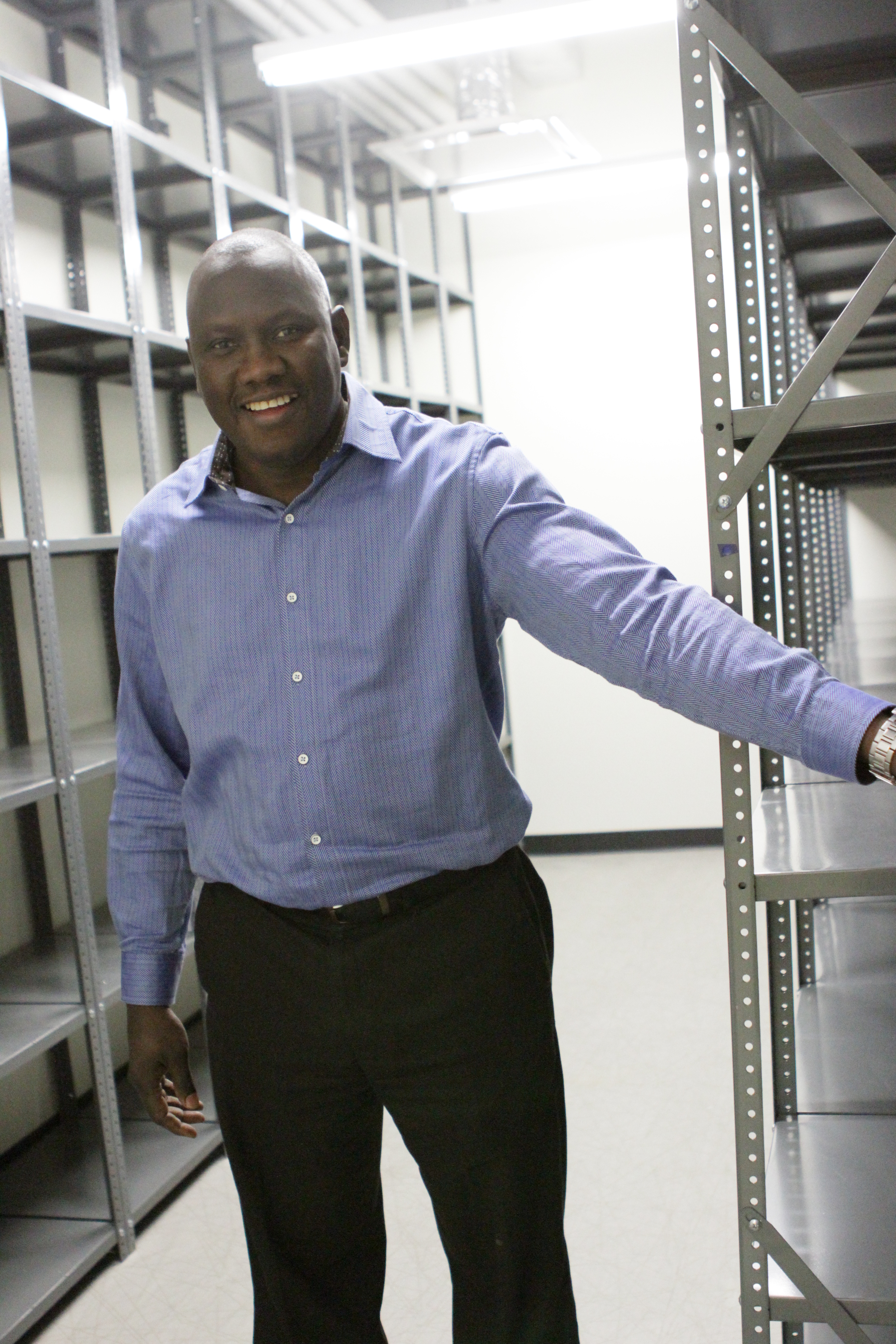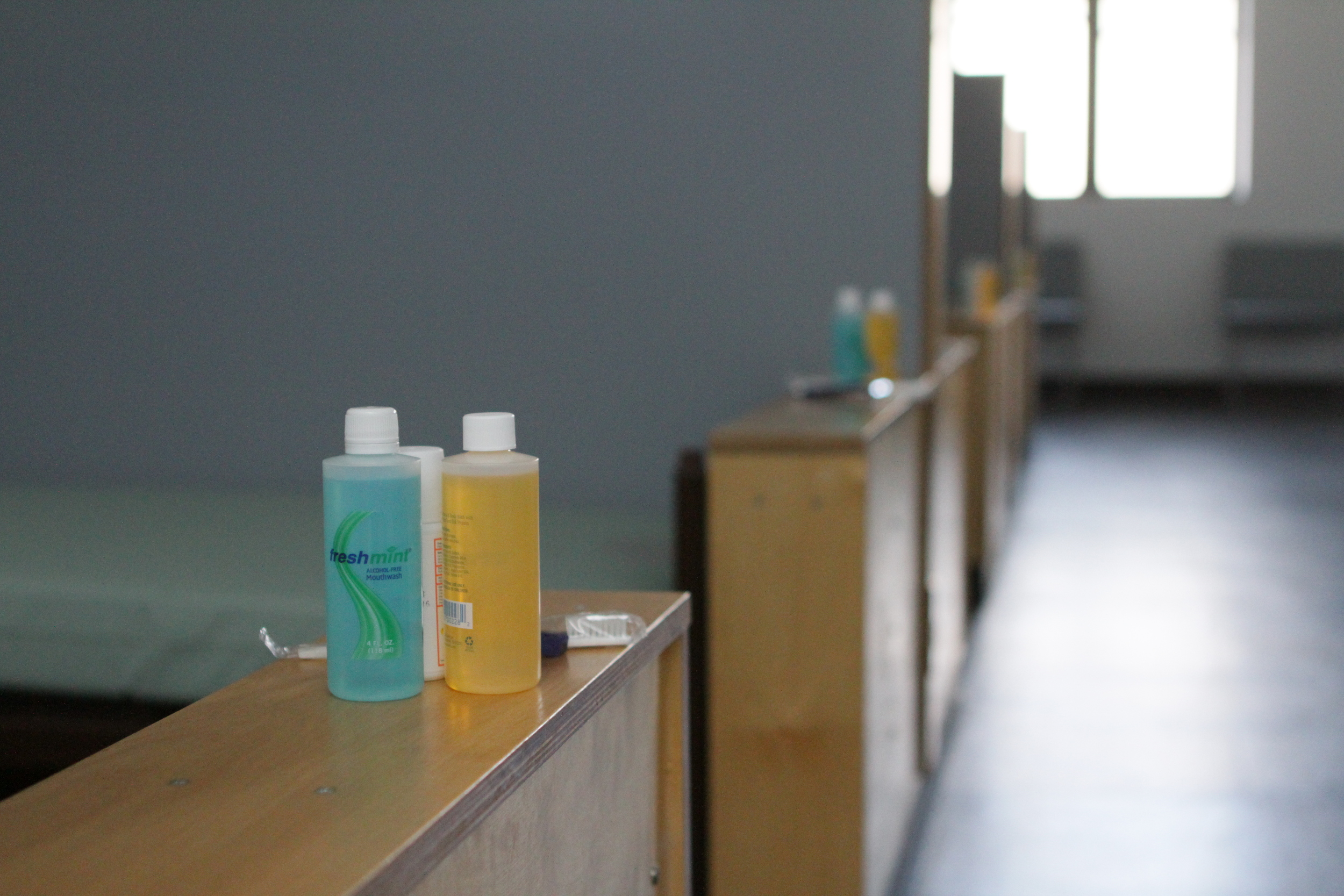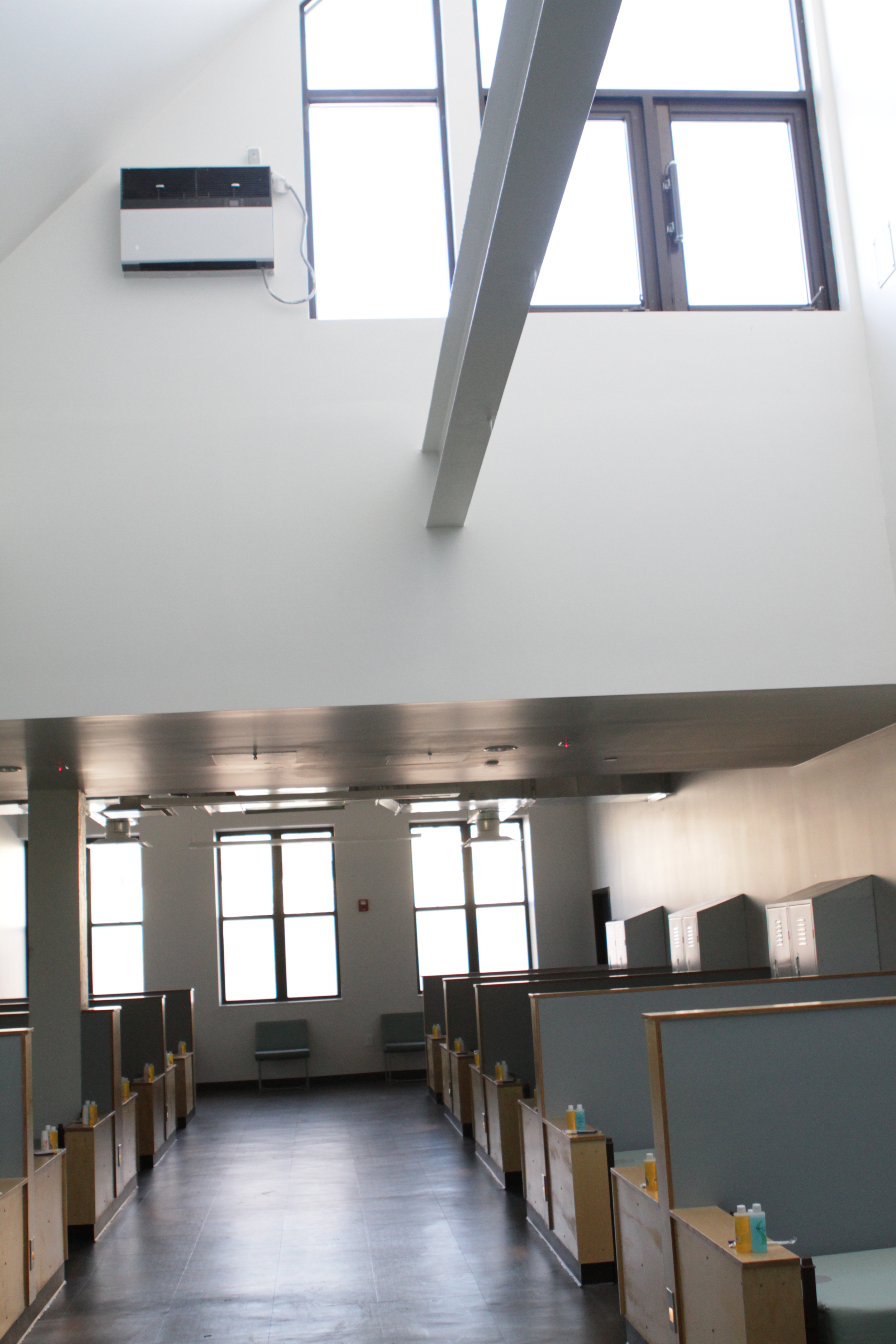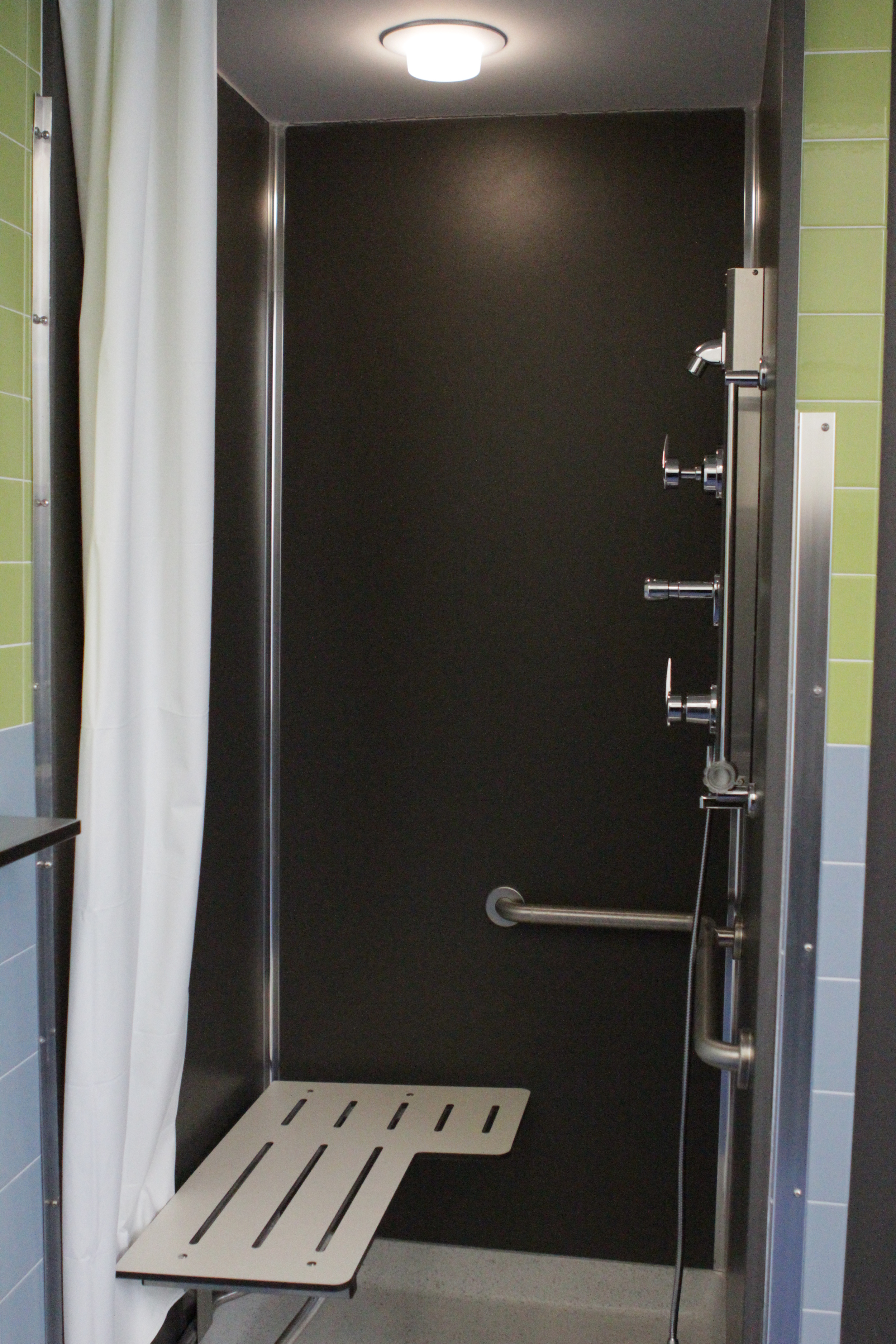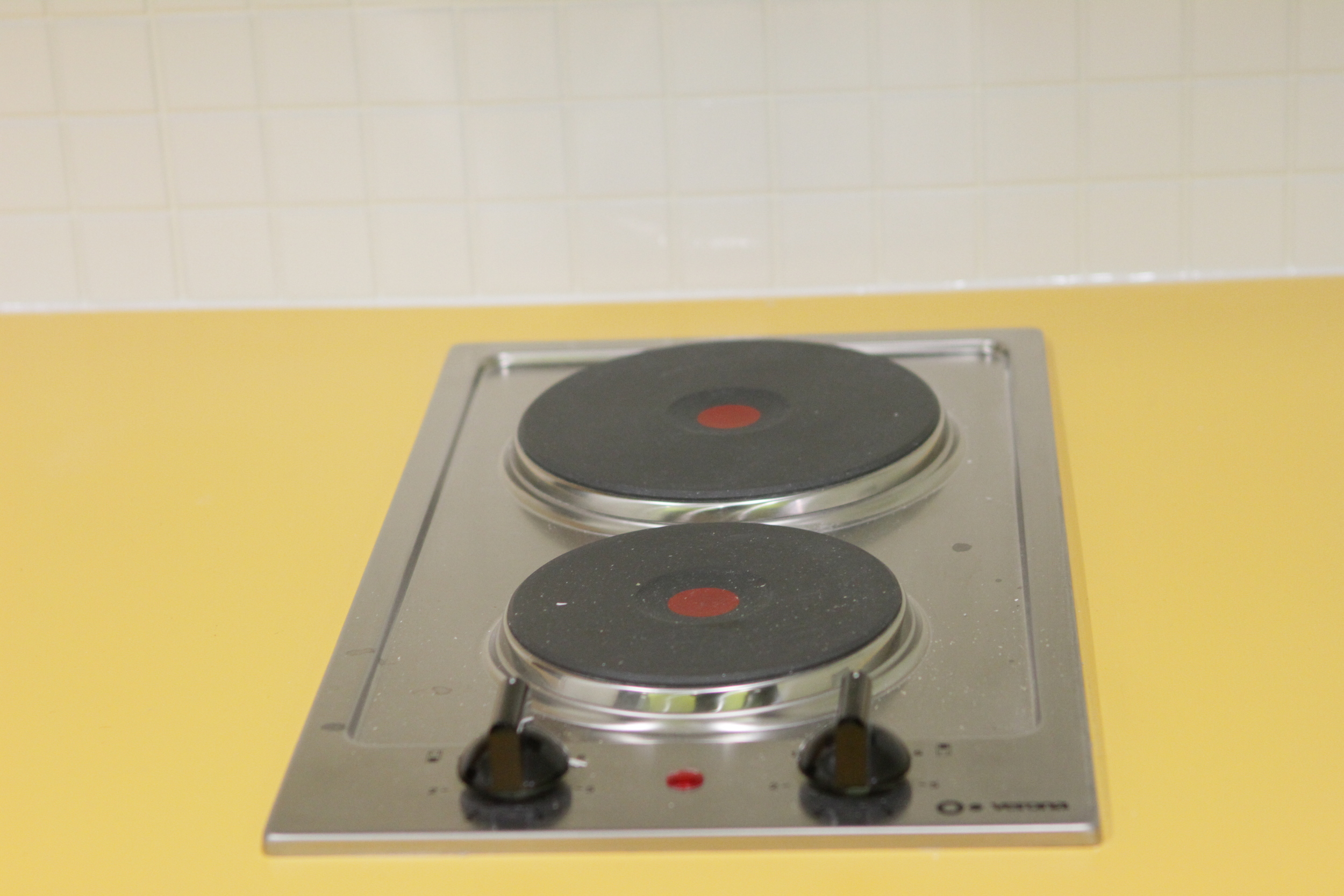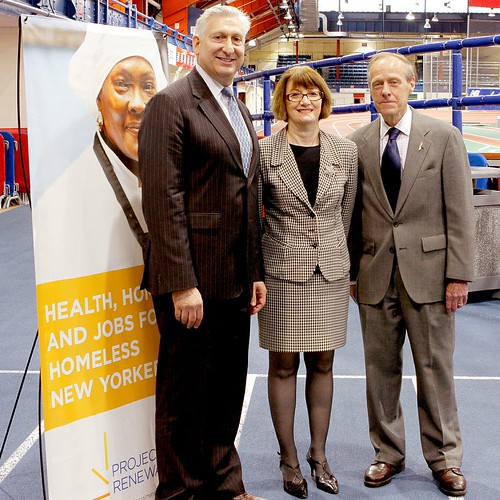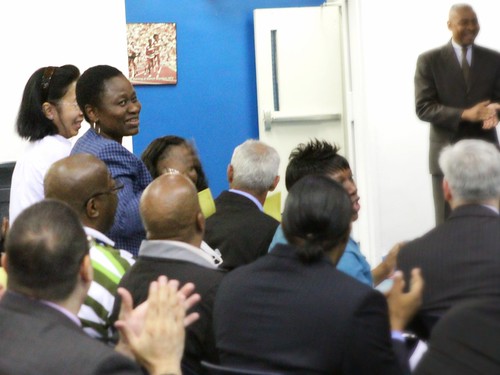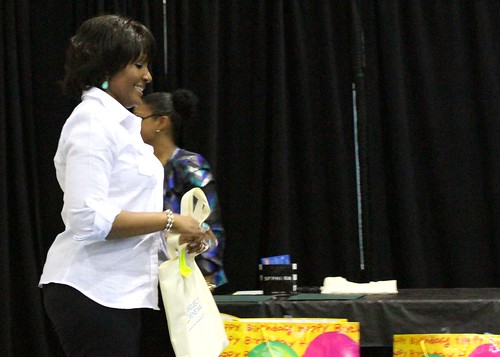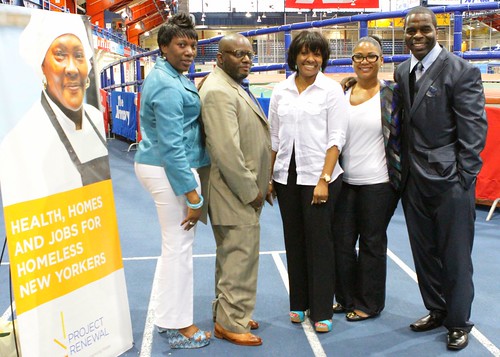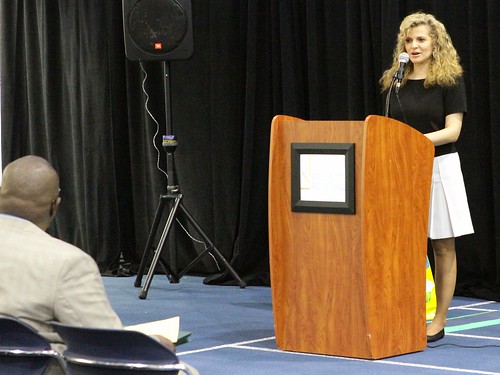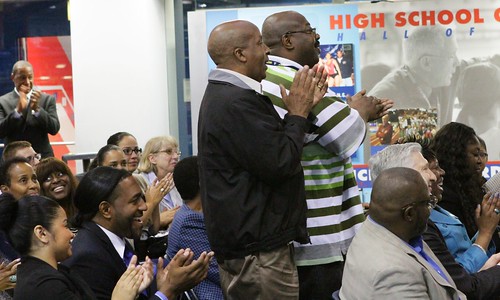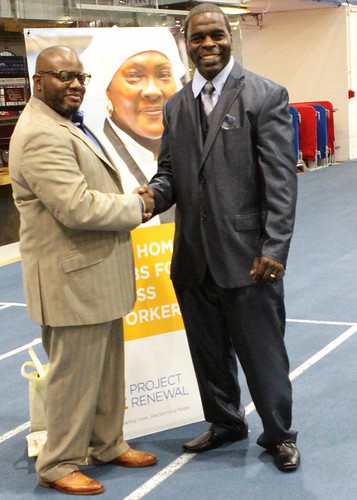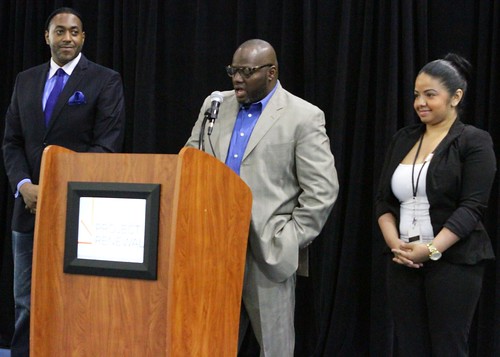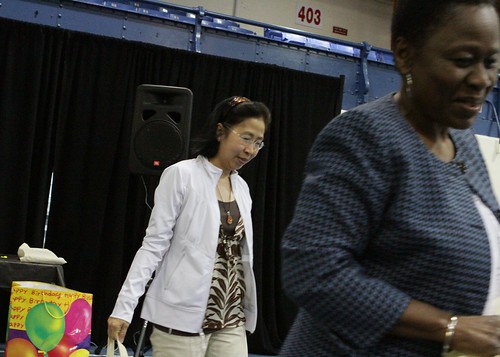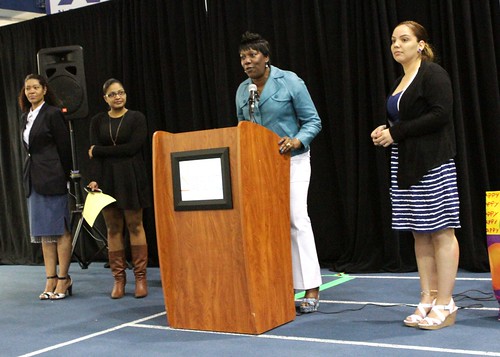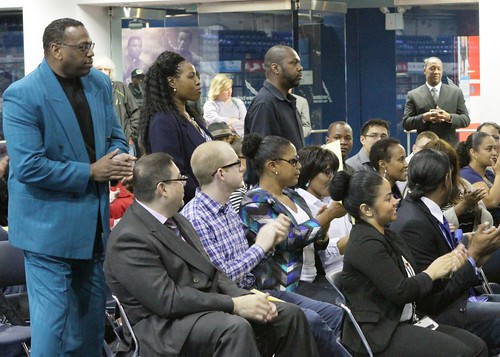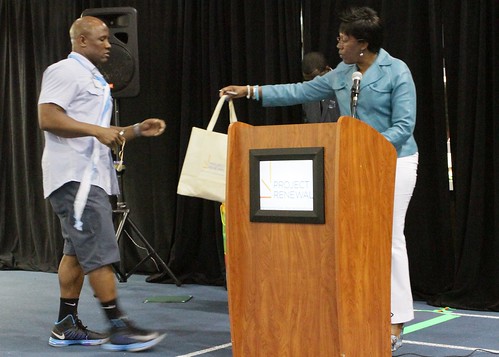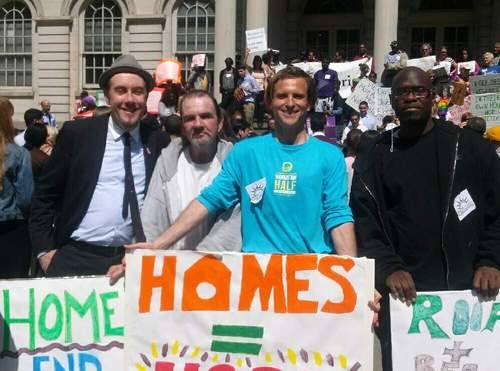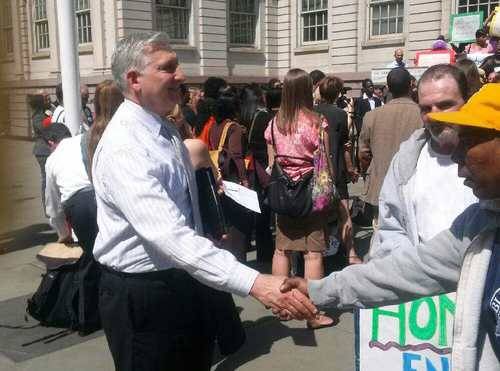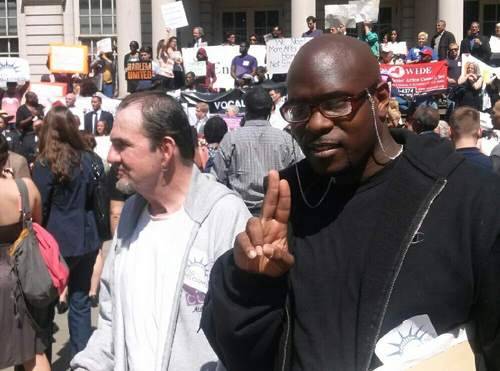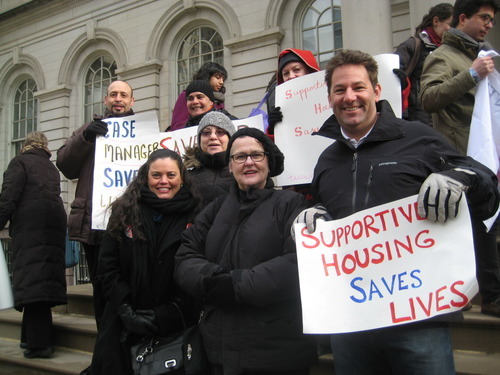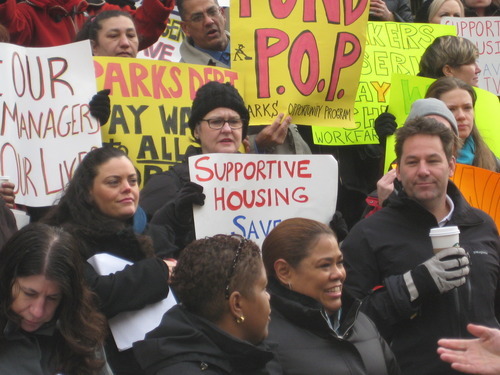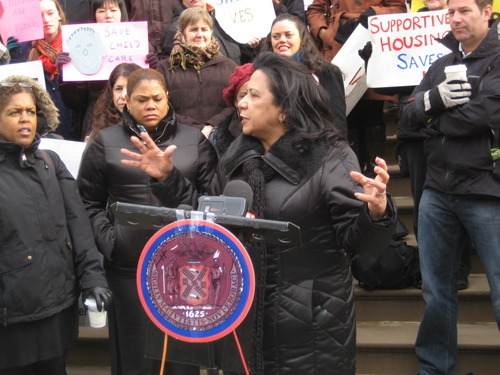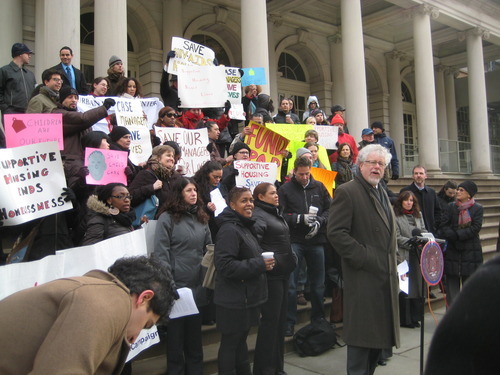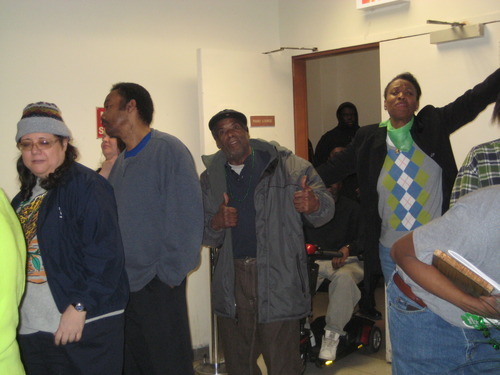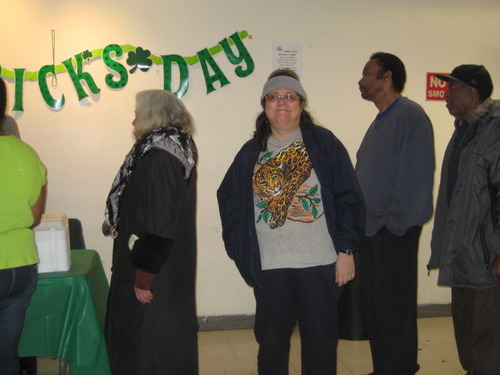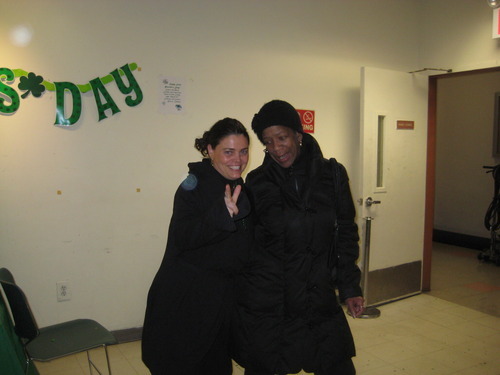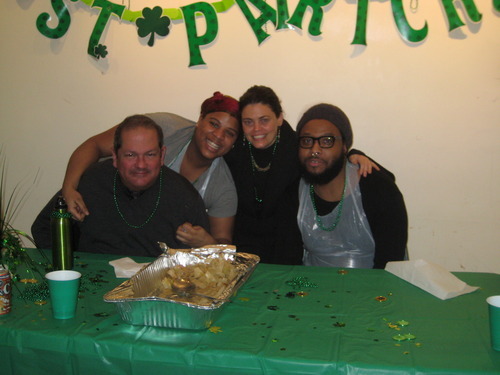"Why are you homeless" - Frank's story
/“My life was a trainwreck. There was no love in my family. No father-son talk. No mother-son talk. So I would go out and find people who were like me.”
Renewal Farm needs your support to help more men like Frank. To donate, visit http://www.supportrenewalfarm.causevox.com.
Frank is a strong man with piercing blue eyes. When he speaks, he speaks in short sentences. Straightforward, clear, and without any illusions.
“I’m Irish, from an Irish family,” he introduces himself. “Born and raised in Staten Island. Two brothers. Two sisters. I’m the oldest.”
I ask him what brought him to the farm.
He wipes the sweat from his forehead. He’s still wearing the gloves from gardening. “I was abused when I was a kid and all that stuff. Sexually abused. Mentally abused. Come from an alcoholic family they really didn’t care that much. Me being the oldest of my brothers and sister, I always looked after them, made sure they didn’t go through the things I went through.”
“I’m forty-one,” he continues, although he looks a lot younger. “Lost a lot of my childhood. That’s a lot of what I’ve been working on since I've been here.”
How did it start?
“I started using alcohol at an early age. Actually, my father introduced it to me. You get a toothache? Used to put alcohol on my teeth. Since then, I was attracted to it. It took away the pain, hid a lot of that pain.”
He takes off his gloves. “My life was a trainwreck. There was no love in my family. No father-son talk. No mother-son talk. So I would go out and find people who were like me. I was attracted to people using alcohol and doing drugs.”
What about your life now?
“I got two little boys, a little boy who’s twelve and one who’s eight. I always told myself I wouldn’t put them through what I went through. It comes down to the fact that I made those choices to choose alcohol over my life…”
He smiles. “But..I’ve learned a lot here. And it’s time to break that cycle.”
“I chose to come here. And it’s awesome. Just working on this farm is great. I take pride in what I do. Like I said, my history? I touch base on a lot of things in my history. These guys here are like my new family.”
“Working on the farm is great. When I plant the seed in the ground, it’s like new life, watching it grow. See what it comes out to. To me it’s beautiful.”
He looks around the farm. “I got God in my life today. I truly believe God works through other people, things, nature, whatever it is. When I go back out to society…”
He laughs. “Before this place, I was uncomfortable with myself. I’m a loner. I like to stay by myself. I saw you coming and I was like, ‘Oh no, he’s going to want to talk.’”
We both laugh.
“It’s an experience for me,” he continues. “If you don’t properly take care of the plants and vegetables, they’re going to wither away. I feel like it’s myself and my life. If I don’t constantly take care of my life and my things, I’ll wither away.”
“I always thought you had to have money, the nicest house. But just planting something, I take so much pride in it. I’m very grateful to be here. I’m actually thinking about staying out here. Once I fixed my attitude, the way I look at things…”
He doesn’t finish his sentence. He just smiles.
Frank has seen the radical change that Project Renewal can have on rehabilitation. And he’s not alone. Men of all walks of life pass through Renewal Farm on their road to recovery and a new life. However, due to recent budget cuts, Renewal Farm is losing funding. It’s our hope that, through the Why are You Homeless? campaign, more New Yorkers will come to understand that anyone can become homeless.
You can help support Project Renewal through donations. But we appreciate it just as much if you sign up to learn more about us or like us on Facebook. Check back next week for another eye-opening story about homelessness in the city. In the meantime, keep your eyes and hearts open.
